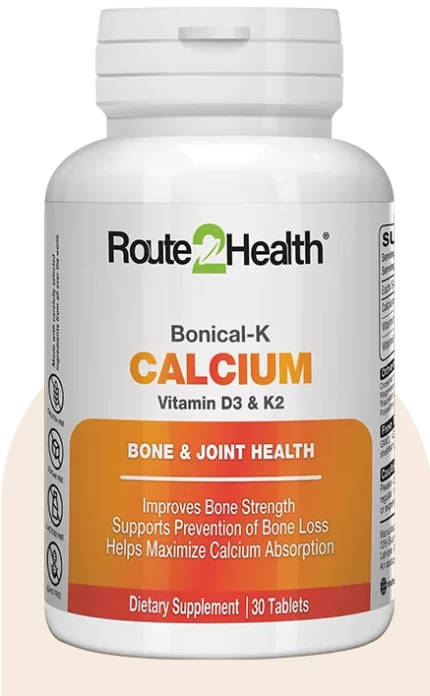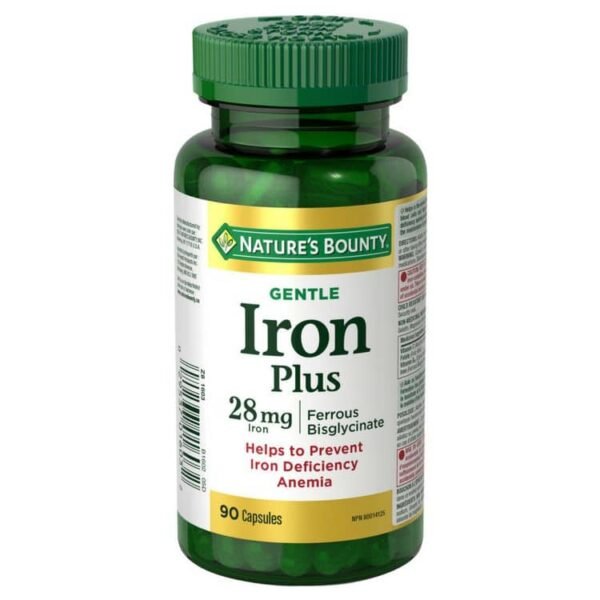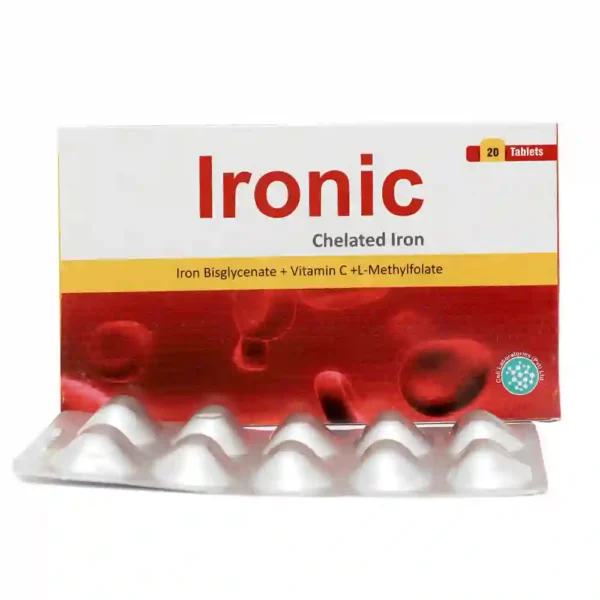VITAMIN C
Vitamin C, also known as ascorbic acid, is a water-soluble vitamin that is essential for human health. It is a powerful antioxidant that helps to protect the body’s cells from damage caused by free radicals. It is also important for the production of collagen, a protein that helps to form skin, tendons, ligaments, and blood vessels.
Sources:
Vitamin C is found naturally in many fruits and vegetables, including oranges, lemons, limes, strawberries, kiwi, papaya, pineapple, bell peppers, spinach, and broccoli. It can also be taken as a dietary supplement in the form of tablets or capsules.
Benefits:
Vitamin C has many health benefits, including:
- Supporting a healthy immune system
- Protecting the body from infection
- Helping the body to absorb iron
- Supporting the production of collagen
- Acting as an antioxidant to protect the body’s cells from damage
- Helping to reduce the risk of heart disease, stroke, and certain cancers
Recommended daily intake: The recommended daily intake of vitamin C varies depending on age, sex and other factors. The recommended daily intake for adult men is 90 mg and for adult women is 75 mg.
Side effects:
Vitamin C is considered safe when taken in recommended doses. However, taking high doses of vitamin C can cause side effects such as stomach upset, diarrhea, nausea, and kidney stones. It is also important to note that taking high doses of vitamin C supplements may interfere with certain laboratory tests, so it is important to tell your doctor if you are taking vitamin C supplements before having any lab work done.
It is important to note that it is best to get the recommended daily intake of Vitamin C from a balanced diet, rather than relying solely on supplements.


















